Contributed by Yonel Ceruto in #43701.
Symfony bundles provide ready-to-use features to Symfony applications. In some cases, bundles include their own configuration and can even extend the application configuration adding new options. These extension and configuration features are implemented via dedicated classes that extend/implement other Symfony classes. This process is well-known and not complicated, but it's a bit verbose and cumbersome. That's why in Symfony 6.1 we're introducing a simpler way to configure and extend bundles. This is the biggest change we ever made to the bundle system and you'll love it. In Symfony 6.1, you can define the configuration and extension of a bundle directly in the main bundle class, without creating any other classes. Let's consider a Foo bundle that defines the following main bundle class:
namespace Acme\Bundle\FooBundle;use Symfony\Component\HttpKernel\Bundle\Bundle;
class FooBundle extends Bundle { }
First, you need to change its base class to the new AbstractBundle:
// ...use Symfony\Component\HttpKernel\Bundle\AbstractBundle;
class FooBundle extends AbstractBundle { }
Now, do you want to define semantic configuration for this bundle? Forget about the Configuration class, the TreeBuilder object, the "extension alias", etc. Just define a configure() method in your bundle class:
class FooBundle extends AbstractBundle{ // ...
public function configure(DefinitionConfigurator $definition): void
{
// loads config definition from a file
$definition->import('../config/definition.php');
// loads config definition from multiple files (when it's too long you can split it)
$definition->import('../config/definition/*.php');
// if the configuration is short, consider adding it in this class
$definition->rootNode()
->children()
->scalarNode('foo')->defaultValue('bar')->end()
->end()
;
}}
The root key of your bundle configuration is automatically determined from your bundle name (for FooBundle it would be foo). If you want to change it, now you can simply define the following property in the bundle class:
class FooBundle extends AbstractBundle{ protected string $extensionAlias = 'acme';
// ...}
Finally, if you want to configure your bundle extension or to append/prepend configuration options in the application, you no longer need to define an Extension class, use the XmlFileLoader and FileLocator to load configuration files, etc. Define the loadExtension() and/or prependExtension() methods in your bundle and that's all:
class FooBundle extends AbstractBundle{ // ...
// $config is the bundle Configuration that you usually process in
// ExtensionInterface::load() but already merged and processed
public function loadExtension(array $config, ContainerConfigurator $container, ContainerBuilder $builder): void
{
$container->parameters()->set('foo', $config['foo']);
$container->import('../config/services.php');
if ('bar' === $config['foo']) {
$container->services()->set(Parser::class);
}
}
public function prependExtension(ContainerConfigurator $container, ContainerBuilder $builder): void
{
// prepend some config option
$builder->prependExtensionConfig('framework', [
'cache' => ['prefix_seed' => 'foo/bar'],
]);
// append some config option
$container->extension('framework', [
'cache' => ['prefix_seed' => 'foo/bar'],
])
// append options defined in some file (using any config format)
$container->import('../config/packages/cache.php');
}}
We're beyond excited about this new feature! We hope you like it too and start using it as soon as you upgrade to Symfony 6.1.
Sponsor the Symfony project.Accedi per aggiungere un commento
Altri post in questo gruppo
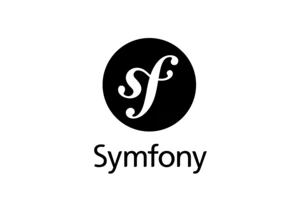
This week, development on the upcoming Symfony 8.0 version continued with the removal of deprecated features and the marking of several classes as final. In addition, we published two new case studies
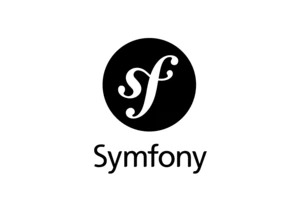
At Wide, Micropole’s digital agency, they help leading brands modernize their digital infrastructures while ensuring scalability, security, and performance. When Audi France approached them to migrate
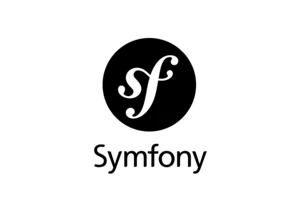
Vente-unique.com, a leading European online retailer of furniture and home decor, operates in 11 countries, powered by a team of 400 professionals and serving more than 3 million customers. From 15 ye
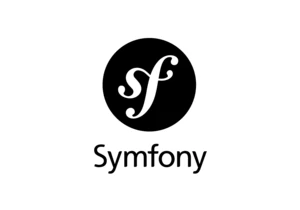
This week, Symfony 6.4.23, 7.2.8 and 7.3.1 maintenance versions were released. Meanwhile, the upcoming Symfony 7.4 version continued adding new features such as better controller helpers, more precisi
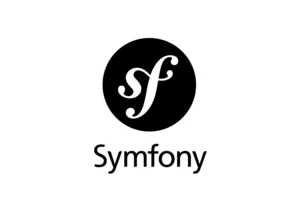
Symfony 6.4.23 has just been released. Read the Symfony upgrade guide to learn more about upgrading Symfony and use the SymfonyInsight upgrade reports to detect the code you will need to change in you
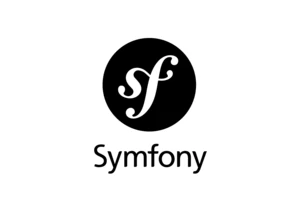
Symfony 7.2.8 has just been released. Read the Symfony upgrade guide to learn more about upgrading Symfony and use the SymfonyInsight upgrade reports to detect the code you will need to change in your
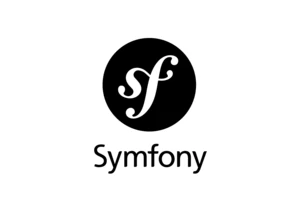
Symfony 7.3.1 has just been released. Read the Symfony upgrade guide to learn more about upgrading Symfony and use the SymfonyInsight upgrade reports to detect the code you will need to change in your
